Mission Statement
The Association on Aging with Developmental Disabilities (AADD) supports and serves aging adults with developmental disabilities to promote their dignity and independence.
Our Background
The Association on Aging with Developmental Disabilities (AADD) was initially formed in 1989 as a special interest group and became incorporated in 1994. The organization was created to support the increasing needs of older adults with developmental disabilities (autism spectrum disorder, cerebral palsy, epilepsy, intellectual disability, severe learning disabilities and head injuries that occur by the age of 18).
The Need
People, including those with developmental disabilities, are living longer than ever before, and with increased life expectancy come increased challenges in addressing age-related issues. AADD recognizes the growing need for services designed to meet the unique needs of individuals as they are aging and provides individualized supports, depending on the person’s circumstances and desires.
Programs & Services
AADD provides support to adults of all ages with developmental disabilities, with an emphasis on those age 50 years and older. Our goal is to assist individuals in maintaining their independence and support them in continuing to be active members of their communities.
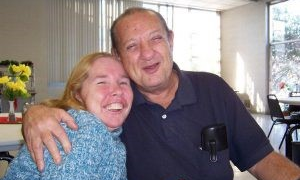
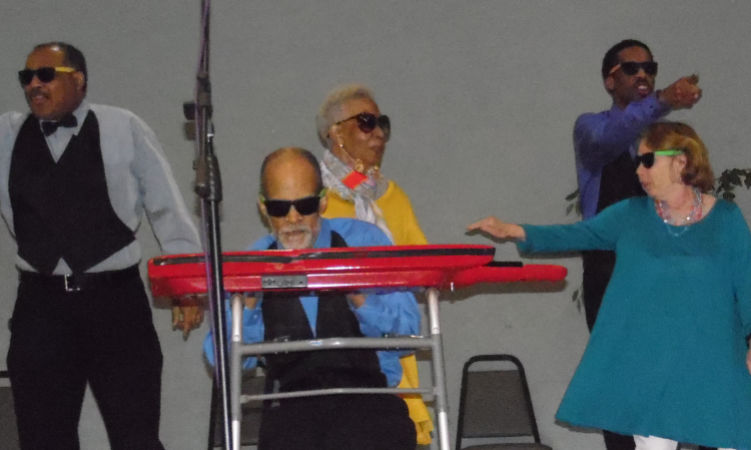
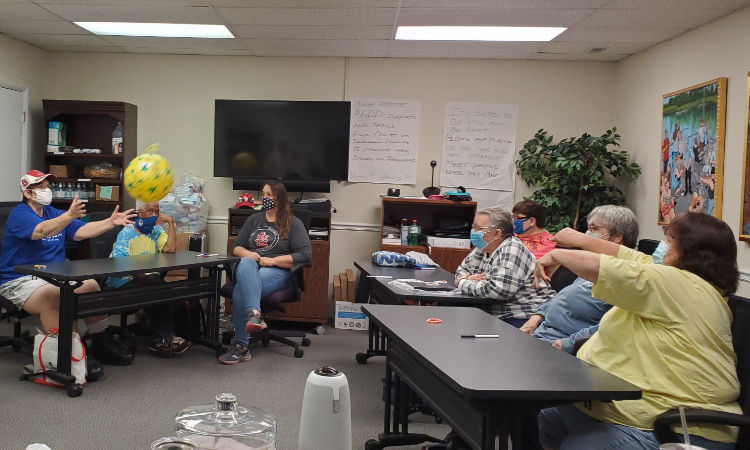
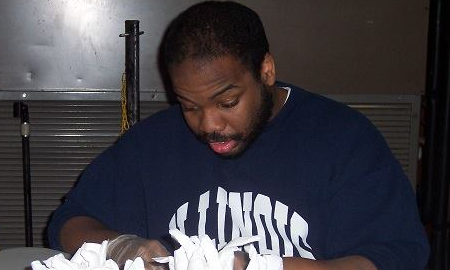
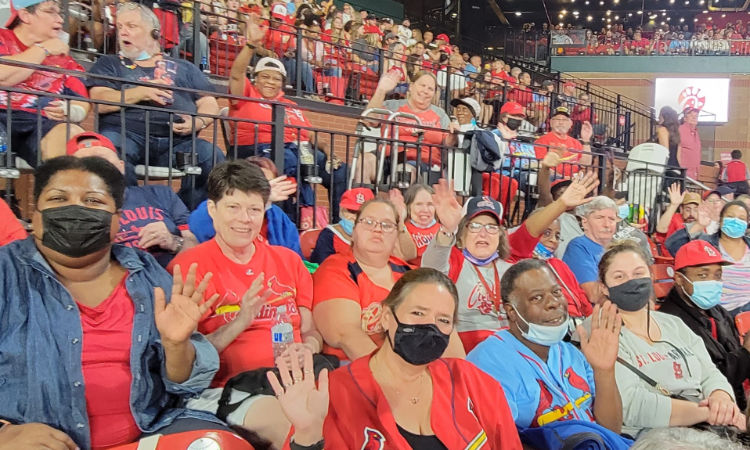
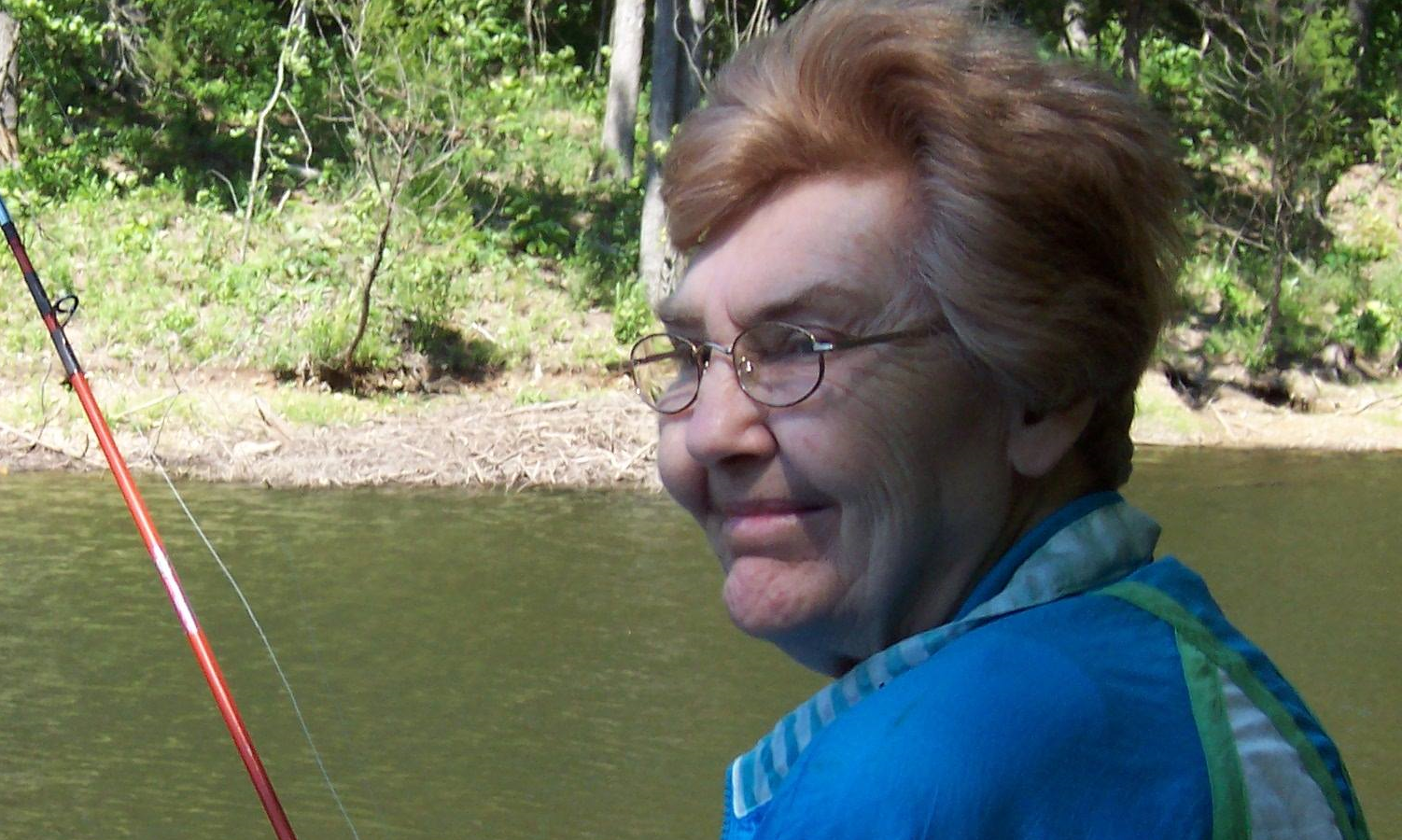
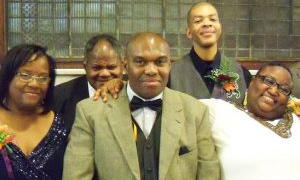
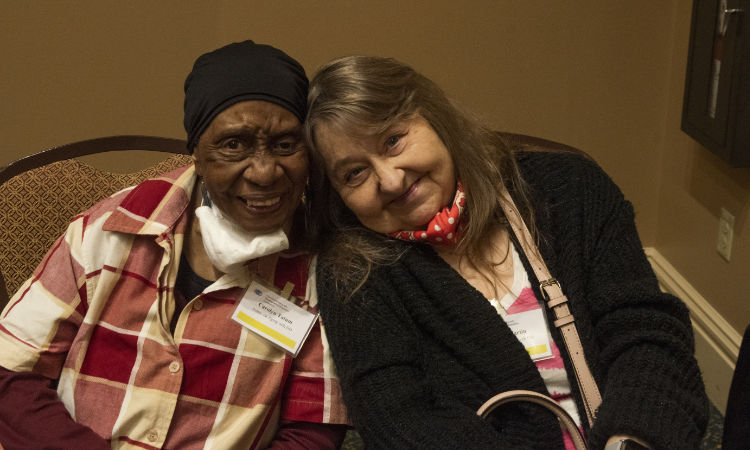

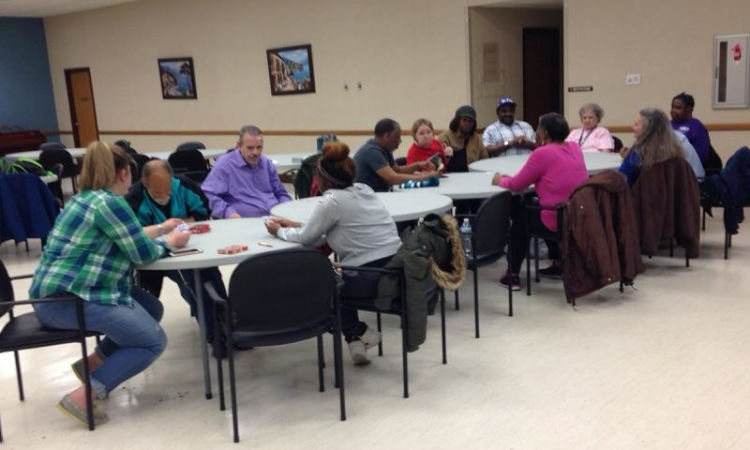
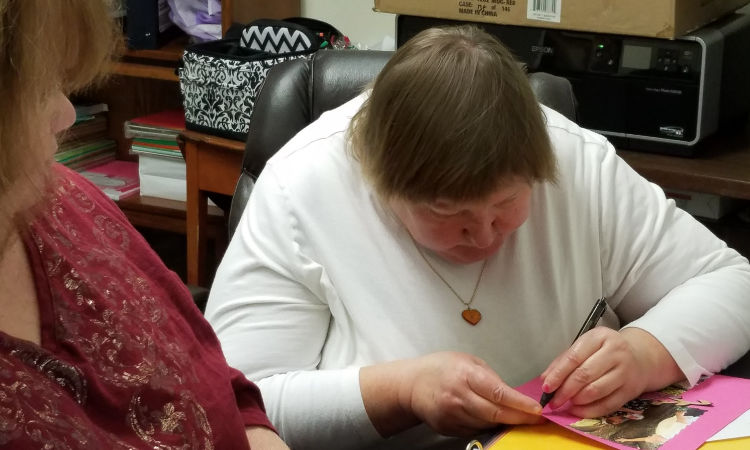
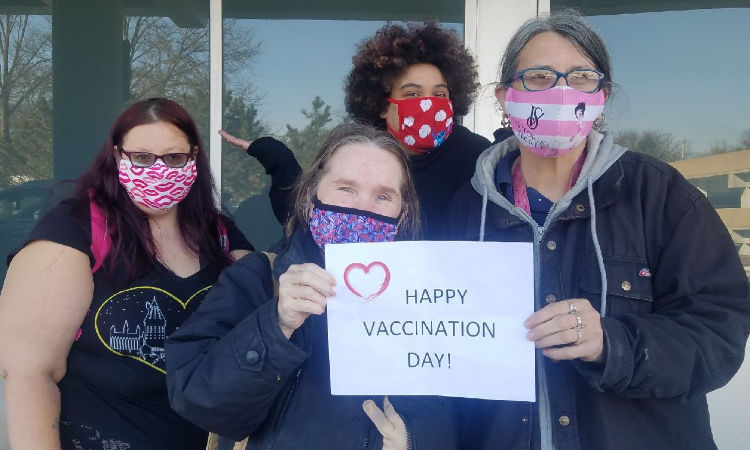
Education
Educating individuals, families, caregivers, employers, support workers, professionals and the community, in the varying issues and needs facing the aging population, is an essential element in ensuring that needs are recognized, understood, and met. AADD provides education through seminars, speaking engagements, an annual conference, and individual assistance and referral services to both aging and developmental disability organizations.
Retirement Services - Individual
A person with a developmental disability, like any other person, has the option of retirement from their life in the workforce. However, a person with a developmental disability may not look forward to retirement. The reasons vary, but include economic loss, loss of socialization and friendships, isolation, and boredom. Each person’s needs, interests, and fears are different, so individualized assessments and transition plans are necessary to support the person in a successful transition to a fulfilling retirement. These plans are driven by the wants and needs of the individual, with input from family members and others who know the person well. Each retirement plan is custom designed and may also include supports for family members.
Retirement Support Groups
One option in meeting the needs of individuals in retirement is participation in a support group. Senior support groups meet at local senior centers and provide opportunities to learn about issues important to seniors, socialize with others of similar backgrounds, and develop lasting, caring, supportive relationships. AADD staff support our consumers with participating in these groups.
Circle of Friends
Circle of Friends provides support to eligible individuals living with a developmental disability (aged 50 and over) and a St. Louis City resident) and their older adult family members, to become fully included members of their community, with the intent of reducing the social isolation experienced by this population, as well as the objective of decreasing the stigma associated with individuals with developmental disabilities. Circle of Friends is an evidenced-based social isolation prevention program adopted from Finland.
Service Areas
St. Louis City
St. Louis County
St. Charles County
In addition to services specifically designed to meet the needs of older adults with developmental disabilities, AADD provides select services to younger individuals with developmental disabilities, as well.
System Navigation
System Navigation provides a personalized navigation service that supports families, concerned community members and individuals who are lost or struggling with understanding and navigating the complex service system, options for services and the accompanying service delivery systems that may also be needed.
Community Networking and Individualized Skills Development
Through contracts with Case Management, AADD provides individualized one on one support to individuals in accessing their community. This service provides the individual, as well as their family members, with the supports needed to maintain maximum independence. These services range from 1 hour to 40 hours per week, depending on the type of contract and the need.
Social Clubs
Social Clubs is a large group socialization program that meets on Saturday nights and is open to adults (age 21 and over) with a developmental disability who reside in St. Louis City or County. Participants in Social Clubs have the opportunity to choose from a variety of activities, including dances, bowling, movies, out to eat, wrestling, plays and musicals.
Challenges Unlimited
Challenges Unlimited is a group recreation program that meets after work and is open to adults (age 21 and over) with a developmental disability who reside in St. Louis City. Participants can participate in health and fitness classes, learn new skills, and attend various community and cultural activities.
Supported Living
The Supported Living program teaches independent living skills and supports individuals in developing and maintaining the skills needed to succeed in independent living. These supports may include someone to assist with bill paying, shopping, meal preparation and cooking, housekeeping, personal care and hygiene problem solving, or other individualized needs. This service is available to adults (age 18 and over) with a developmental disability living in St. Louis City.
Private Pay
AADD can provide customized services that are mutually agreed upon to support and serve individuals with developmental disabilities to promote their dignity and independence.
For additional information on eligibility criteria for the above mentioned services, please contact the Association on Aging with Developmental Disabilities by phone at (314) 647-8100 or email at info@agingwithdd.com.
